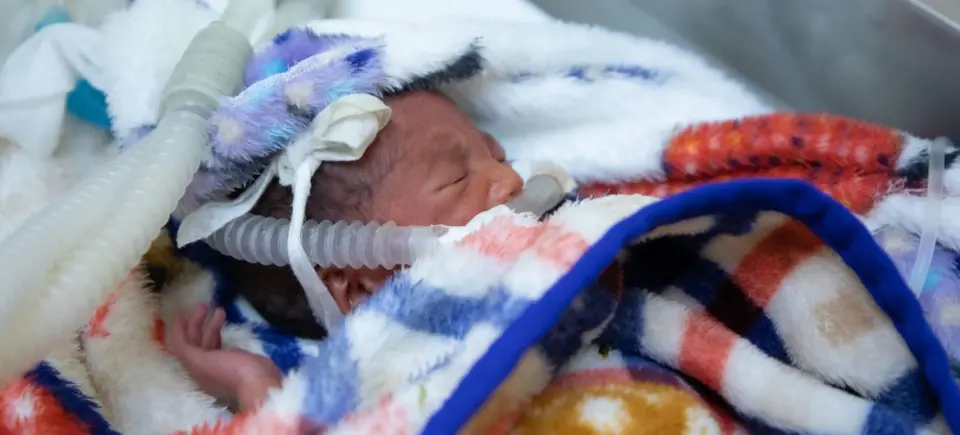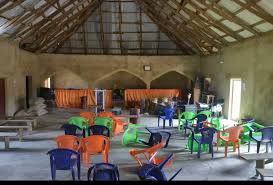

The World Health Organisation (WHO) and other health experts are calling for increased investments and quality care to improve the well being of women and newborns as well as mitigate risks from preterm births.
Director for Maternal, Newborn, Child and Adolescent Health and Ageing at WHO, Dr Anshu Banerjee, during the launch of the BORN TOO SOON REPORT said, ensuring quality care for these most vulnerable babies and their families is absolutely imperative for improving child health and survival.
The United Nations report estimated 13.4 million babies born premature in 2020, with nearly a million dying from pre-term complications.
Analysis of the report tagged Born too soon: Decade of action on preterm birth, the “silent emergency” that is claiming one million tiny lives born premature yearly requires concerted action to swiftly improve children’s health and survival.
Southern Asia and Sub-Saharan Africa have the highest rates of preterm birth, accounting for more than 65 per cent of global cases.
The report showed other factors are also making an impact, increasing risks for women and babies everywhere. Such as; air pollution is estimated to contribute to six million preterm births every year.
The report produced by United Nations Children’s Fund (UNICEF) and World Health Organisation (WHO), with its Partnership for Maternal, Newborn and Child Health (PMNCH), outlines strategies to address the phenomenon.







